
How to Get CPSC Certification?
What is CPSC Certification?
The Consumer Product Safety Commission (CPSC) is an independent federal agency established in 1972 to protect the public from unreasonable risks associated with consumer products. CPSC's responsibilities include developing and enforcing consumer product safety standards, overseeing product recalls, and conducting enforcement actions.
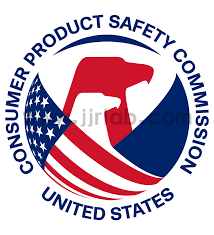
CPSC Certification Standards
CPSC establishes a set of safety standards and regulations to ensure product safety during use. These standards cover various aspects, such as product design, performance, labeling, and warnings. The specifics depend on the product type, for example:
- Toys and Children's Products: Must comply with ASTM F963 and other specific standards (e.g., lead content limits).
- Electronics and Appliances: Must adhere to CPSC electrical safety standards.
- Furniture and Interior Decorations: Includes flammability standards (e.g., 16 CFR Part 1633 for mattress flammability).
- Sports and Recreational Equipment: Products like bicycles, skateboards, and helmets must meet specific safety standards (e.g., 16 CFR Part 1512 for bicycles).
- Household Products: Includes smoke alarms, portable heaters, and others, requiring compliance with relevant safety specifications.
Which Products Require CPSC Certification?
CPSC regulations apply to a wide range of consumer products, including but not limited to:
- Toys and Children's Products: Toys, children's furniture, and crib rails, among others.
- Electronics and Appliances: TVs, computers, kitchen appliances, etc.
- Furniture and Decorations: Mattresses, sofas, carpets, etc.
- Sports and Recreational Equipment: Bicycles, skateboards, helmets, fitness equipment, etc.
- Household Products: Smoke alarms, portable heaters, fans, etc.
- Chemical Products: Household cleaners, paints, etc.
Steps to Obtain CPSC Certification
The general process for applying for CPSC certification includes:
1. Preparation Phase:
- Collect and prepare technical documentation and test reports related to the product.
2. Testing Phase:
- Conduct product testing at a CPSC-recognized laboratory to ensure compliance with CPSC standards.
3. Submission Phase:
- Fill out the required application forms and submit test reports and product documentation to CPSC.
4. Review Phase:
- CPSC reviews the submitted materials and test reports. Additional information or testing may be requested if necessary.
5. Approval and Certification:
- Once CPSC confirms the product meets the relevant standards, a compliance certificate is issued.
Testing Laboratory Requirements
CPSC does not directly conduct product testing but instead recognizes certain independent third-party laboratories. These laboratories are certified by CPSC to provide testing and certification services that meet its standards. Applicants can find a list of recognized laboratories on the CPSC website. (China’s JJR labs are accredited for testing.)
How Much Does CPSC Certification Cost?
CPSC itself does not charge certification fees. However, the primary cost of obtaining CPSC certification comes from testing fees charged by third-party laboratories. These costs vary depending on the product’s complexity and the number of tests required. For example, testing fees provided by China’s JJR labs range from $500 to $1,200. Additionally, companies should consider other potential costs, such as document preparation and application-related expenses.
Email:hello@jjrlab.com
Write your message here and send it to us
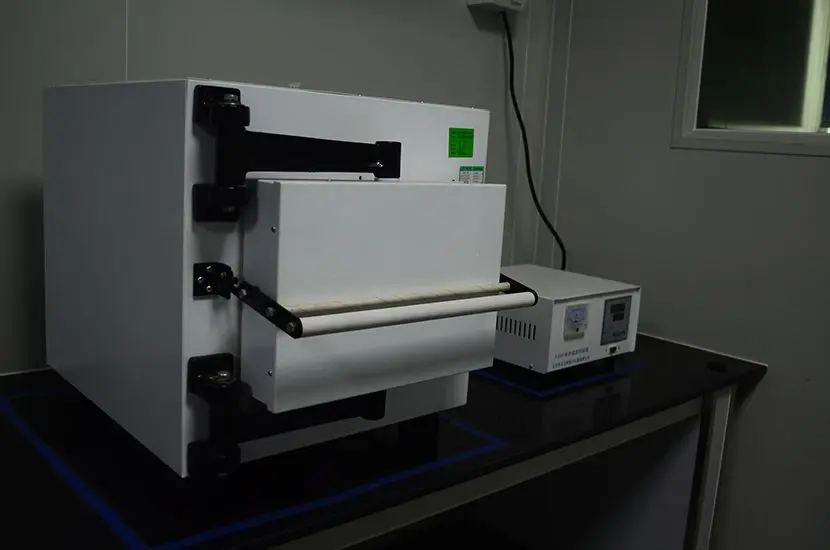 High Chair for Children ASTM F404-21 CPC Certifica
High Chair for Children ASTM F404-21 CPC Certifica
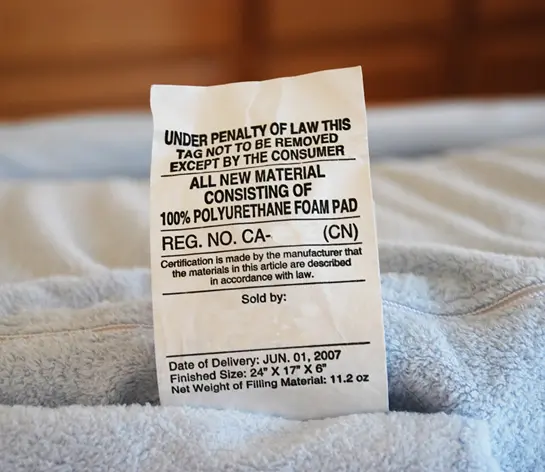 U.S. Law Label (URN Number) Registration Q\&A
U.S. Law Label (URN Number) Registration Q\&A
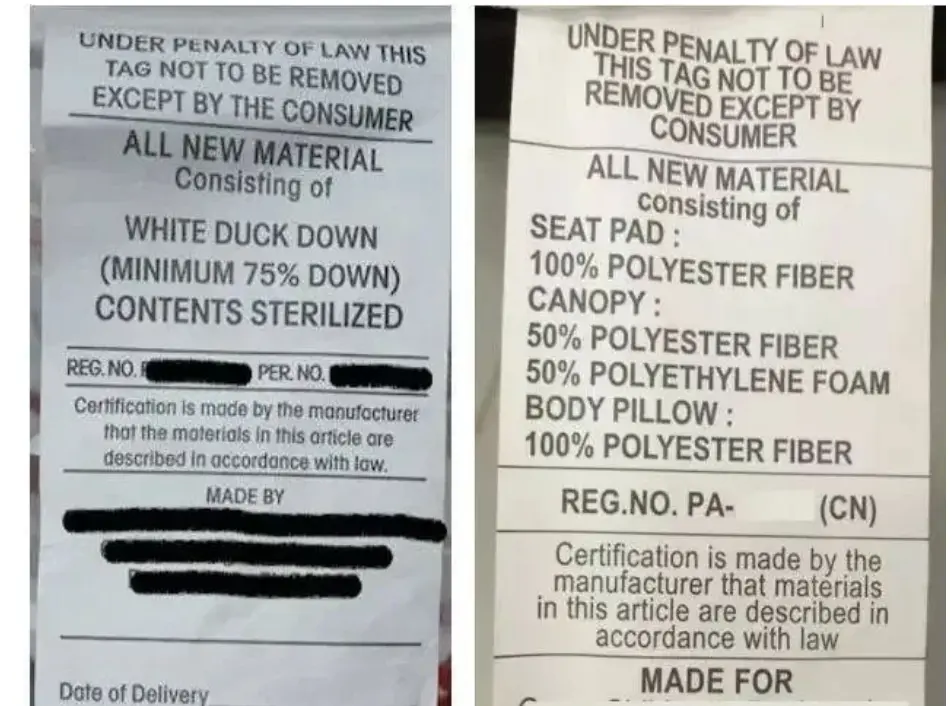 U.S. Furniture Export URN Law Label Registration
U.S. Furniture Export URN Law Label Registration
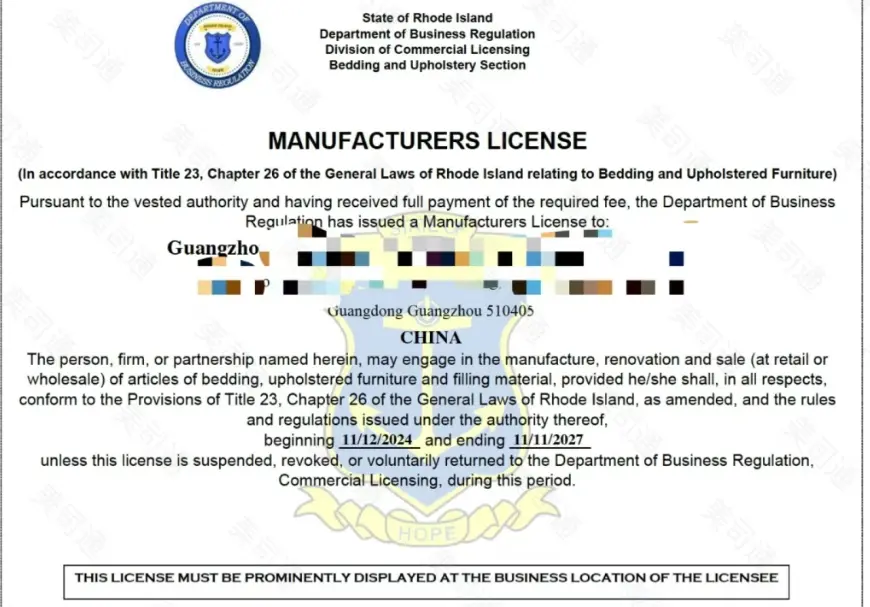 What is U.S. Law Label Registration?
What is U.S. Law Label Registration?
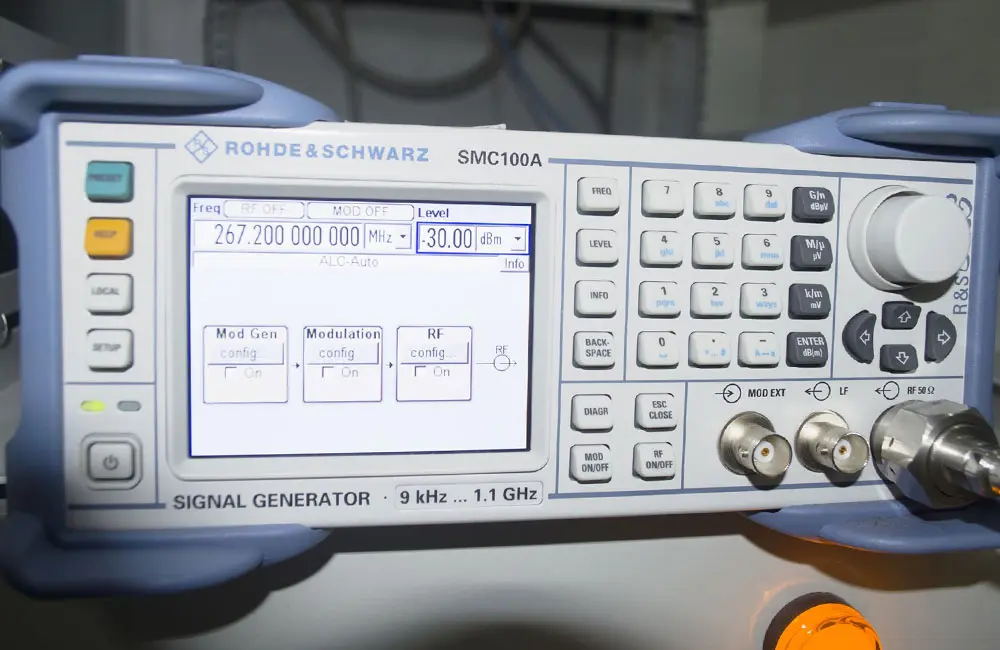 Rail Transit EN55015/EN50121-4
Rail Transit EN55015/EN50121-4
 IEC 60601-1-2 EMC Test for Medical Electrical Equ
IEC 60601-1-2 EMC Test for Medical Electrical Equ
 What Are the Safety Tests for Lithium Batteries?
What Are the Safety Tests for Lithium Batteries?
 What is the YY 9706.111-2021 Standard?
What is the YY 9706.111-2021 Standard?
Leave us a message
24-hour online customer service at any time to respond, so that you worry!




